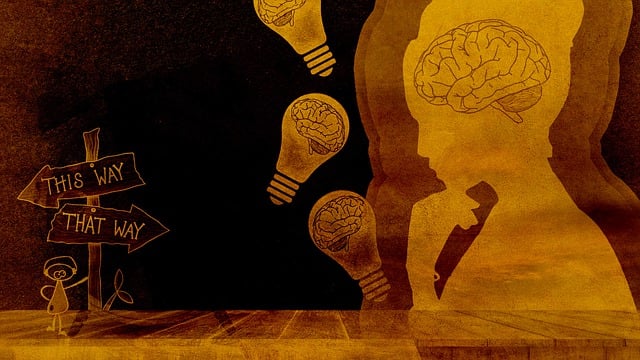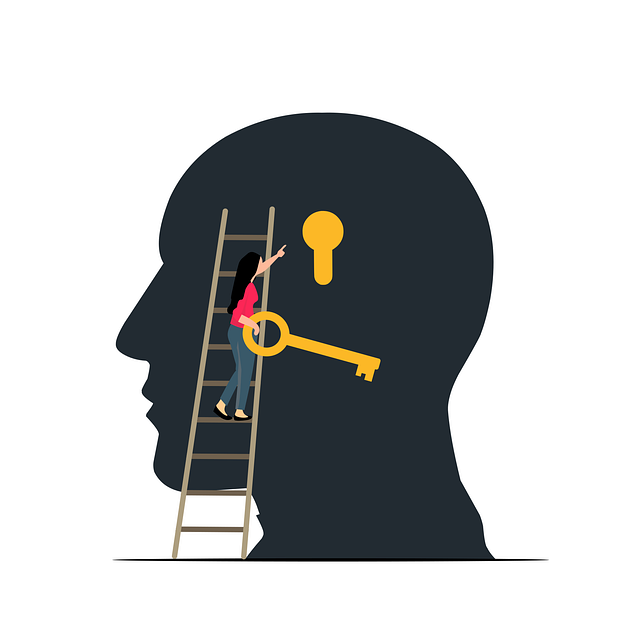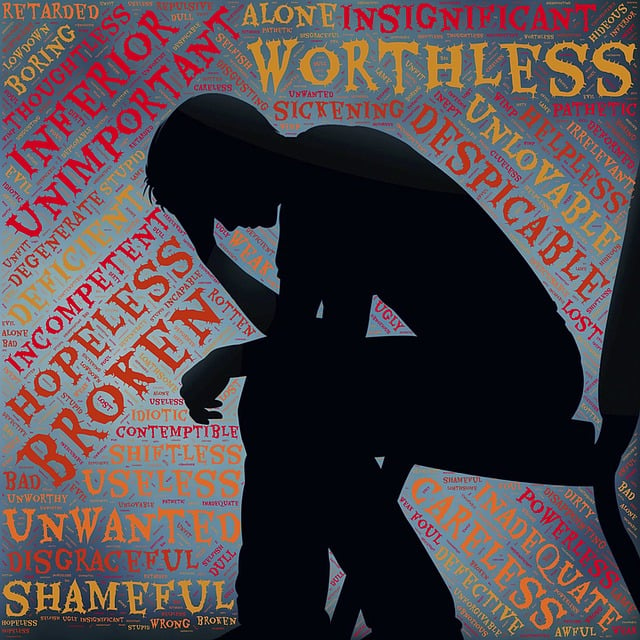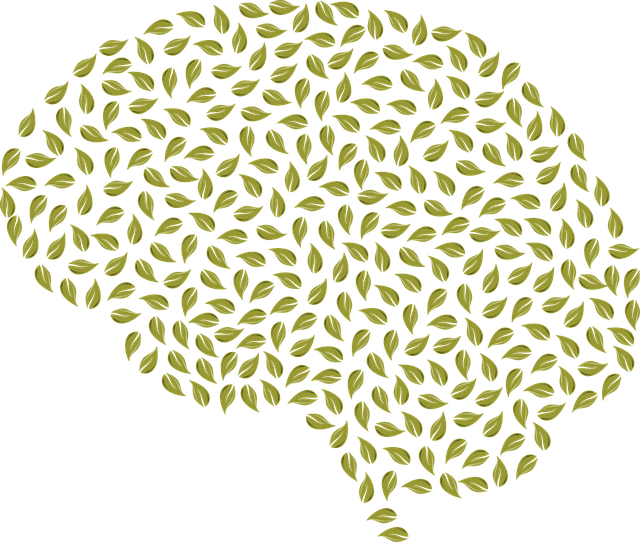Promoting mental wellness in young adults involves a multi-faceted approach addressing unique challenges like academic pressures, career uncertainties and evolving social dynamics. Key strategies include specialized Therapy for Young Adults tailored to their needs, integrating bariatric evaluations to identify physical health issues contributing to mental wellness concerns, and encouraging self-care routines through journaling exercises. Accessible resources like online therapy and bariatric assessments empower individuals to take charge of their holistic well-being, fostering a culture of care and early intervention.
Mental wellness is the cornerstone of overall health, especially for young adults navigating life’s challenges. This comprehensive guide explores strategies to promote and maintain mental well-being within this demographic. From understanding the fundamentals of mental health to uncovering the mind-body connection through bariatric evaluations, we delve into therapeutic approaches tailored specifically for young adults. Additionally, discover accessible resources that empower individuals to build lifelong resilience and cope effectively.
- Understanding Mental Wellness: The Foundation of Young Adult Health
- Uncovering the Link Between Body and Mind: Bariatric Evaluations
- Therapeutic Approaches Tailored for Young Adults' Unique Needs
- Fostering Resilient Coping Mechanisms: Building Lifelong Skills
- Accessible Resources for Promoting Mental Wellness in a Growing Community
Understanding Mental Wellness: The Foundation of Young Adult Health

Understanding mental wellness is a foundational step in promoting young adult health. For many individuals in their late teens to early 30s, this period is marked by significant life transitions, academic and career pressures, and evolving social dynamics. These factors can contribute to heightened stress levels, anxiety, and depression, emphasizing the need for comprehensive mental health support. Therapy for young adults plays a pivotal role in addressing these challenges, offering specialized approaches tailored to their unique needs.
Integrating mental health education programs designed with a focus on burnout prevention is essential. By educating young adults about recognizing signs of stress and providing tools for effective coping mechanisms, we empower them to take charge of their well-being. Additionally, bariatric evaluations can be a valuable component, as they help identify underlying physical health issues that may contribute to mental wellness concerns.
Uncovering the Link Between Body and Mind: Bariatric Evaluations

In the quest for holistic mental wellness promotion, particularly among young adults, bariatric evaluations play a pivotal role in uncovering the intricate link between the body and mind. These comprehensive assessments go beyond measuring physical attributes by delving into an individual’s emotional healing processes and overall well-being. By integrating therapy for young adults, bariatric evaluations facilitate a multifaceted approach to understanding how bodily changes can significantly impact mental health, and vice versa. This synergistic relationship is often overlooked but profoundly influences one’s state of mind, underscoring the importance of mental wellness journaling exercise guidance as a self-care routine development tool for better mental health.
Therapeutic Approaches Tailored for Young Adults' Unique Needs

Young adults face unique challenges that require tailored therapeutic approaches. Many struggle with mental wellness issues, often exacerbated by academic pressures, career uncertainties, and social expectations. Therapy for Young Adults focuses on providing specialized support to navigate these complexities. These sessions aim to foster inner strength development by equipping individuals with coping strategies, resilience-building techniques, and mindfulness practices relevant to their age group.
Bariatric evaluations play a crucial role in this process, identifying underlying physical health issues that may contribute to mental illness. By addressing these co-morbidities, therapists can enhance the effectiveness of treatment. Furthermore, mental illness stigma reduction efforts are integral to creating an inclusive environment where young adults feel comfortable seeking help without fear of judgment or discrimination.
Fostering Resilient Coping Mechanisms: Building Lifelong Skills

Promoting mental wellness involves equipping individuals with resilient coping mechanisms that serve them throughout their lives. For young adults, therapy plays a pivotal role in teaching effective strategies to navigate life’s challenges. Through structured sessions, they learn to identify and manage stress, develop emotional regulation skills, and cultivate healthy thinking patterns. This not only enhances their overall well-being but also equips them with tools for future resilience.
Incorporating activities like mental wellness journaling exercises and stress management workshops within communities can foster a culture of care. These initiatives, coupled with public awareness campaigns development, can significantly contribute to early intervention and prevention. By providing guidance on managing stress and promoting self-care practices, such programs empower individuals to take charge of their mental health, even considering specific populations like those undergoing bariatric evaluations.
Accessible Resources for Promoting Mental Wellness in a Growing Community

In a growing community, promoting mental wellness is more crucial than ever. Accessible resources play a pivotal role in ensuring that individuals, especially young adults, have the support they need to navigate life’s challenges. One such resource is therapy tailored for young adults, which offers specialized care designed to address the unique issues faced by this demographic. These therapeutic services can be easily accessed through online platforms, making it convenient for those who prefer remote sessions or have busy schedules.
Additionally, bariatric evaluations are another vital tool in the mental wellness arsenal. For individuals struggling with weight-related issues, these comprehensive assessments provide an opportunity to address both physical and psychological aspects of well-being. By integrating such evaluations into community health services, residents can access holistic support that goes beyond traditional therapy, encompassing various aspects of mental wellness, including burnout prevention strategies for healthcare providers who often face high-stress environments.
Mental wellness is an integral part of young adult health, and addressing their unique challenges requires comprehensive approaches. By combining therapeutic interventions tailored to their needs with accessible resources like bariatric evaluations, we can empower young adults to build resilience and develop lifelong coping mechanisms. Promoting mental wellness in communities is a multifaceted effort that, when executed effectively, can lead to significant improvements in overall well-being.









